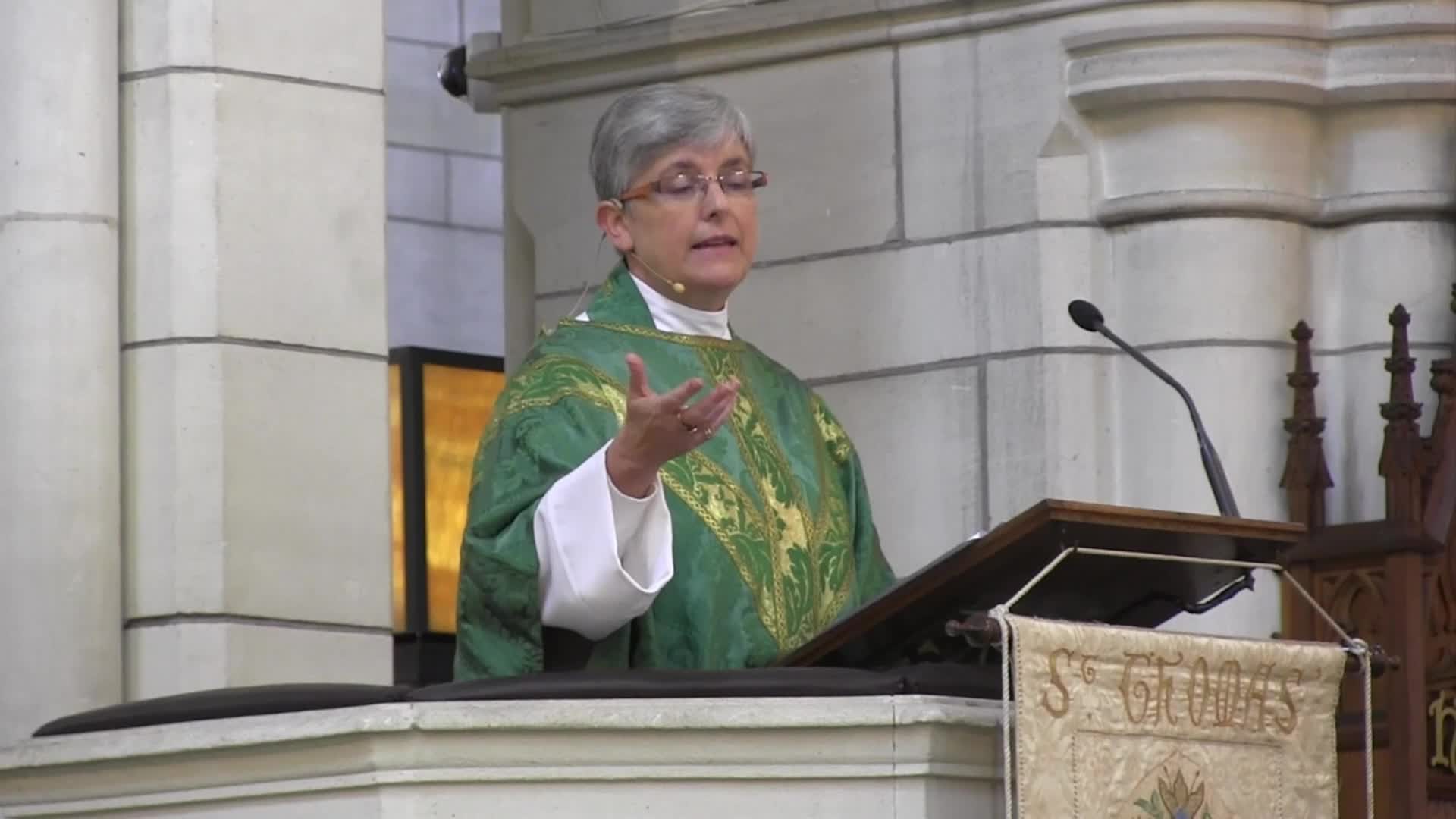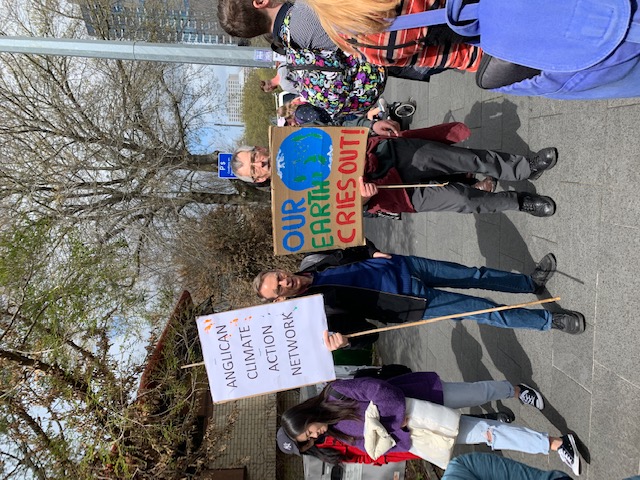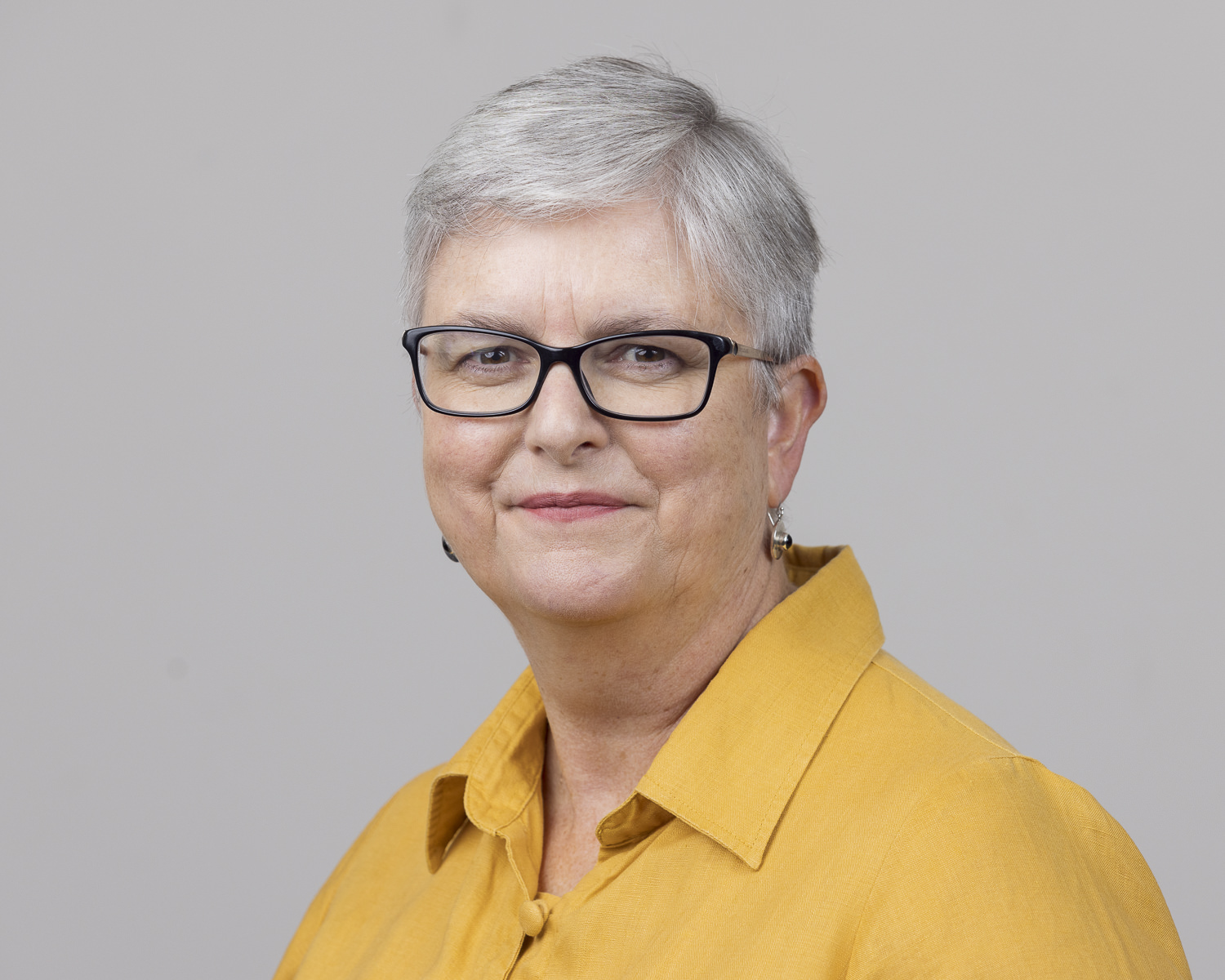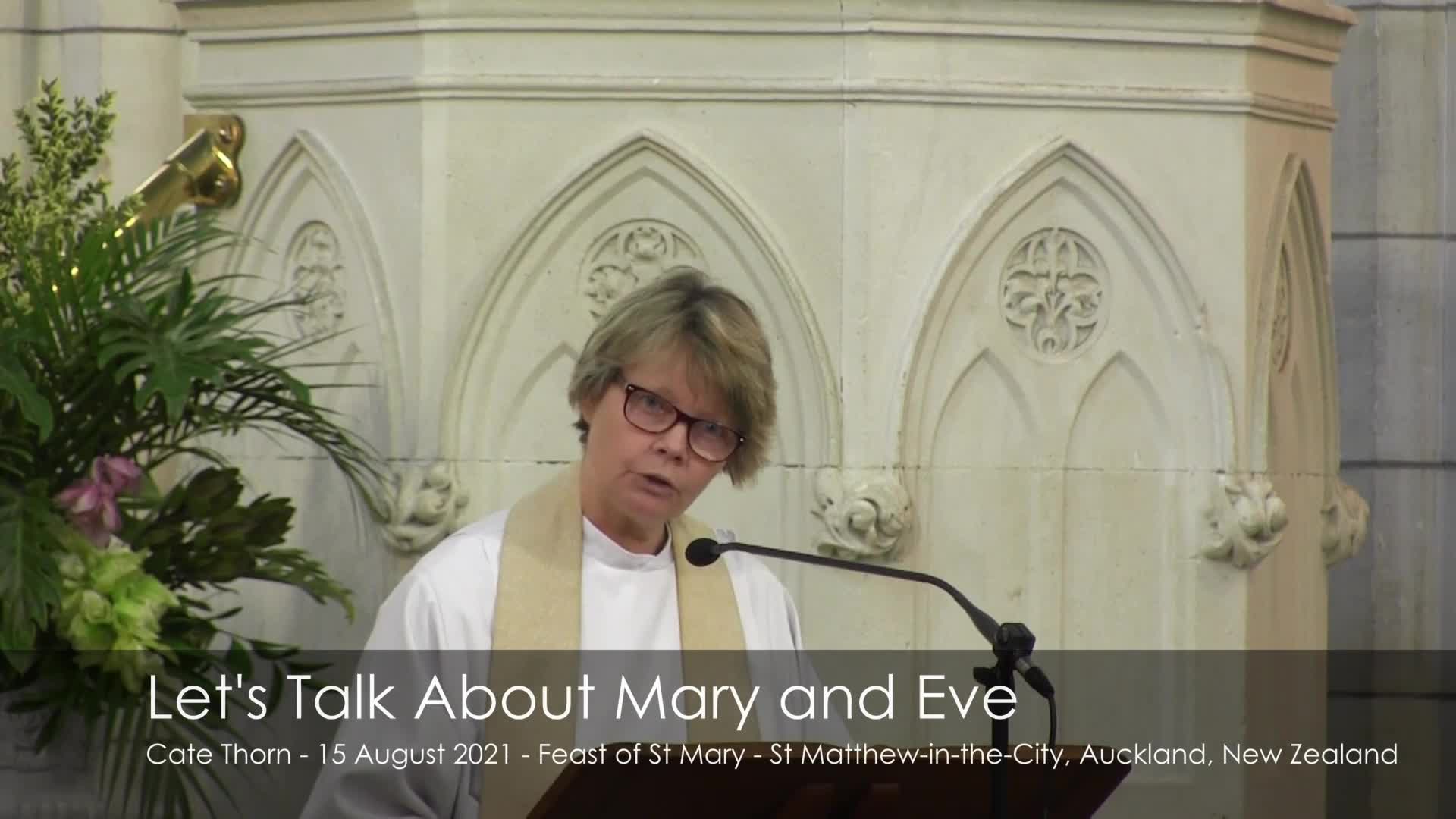
Home
Learning
Forgiveness
Helen Jacobi explores the concept of forgiveness found in the parable of the Prodigal Son Luke 15:1-3, 11-32 in light of the Christchurch Mosque shootings


Faith in the city

Climate Crisis Statement

Caring for our neighbour

Who are we humans in the face of climate change?

Media interviews

What is religious freedom

Wai puna - everflowing water

Hospitality
